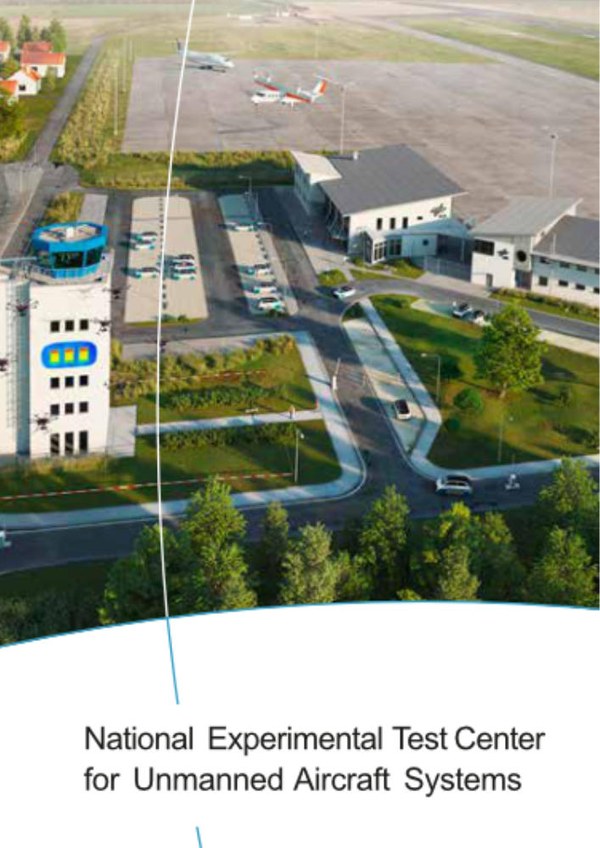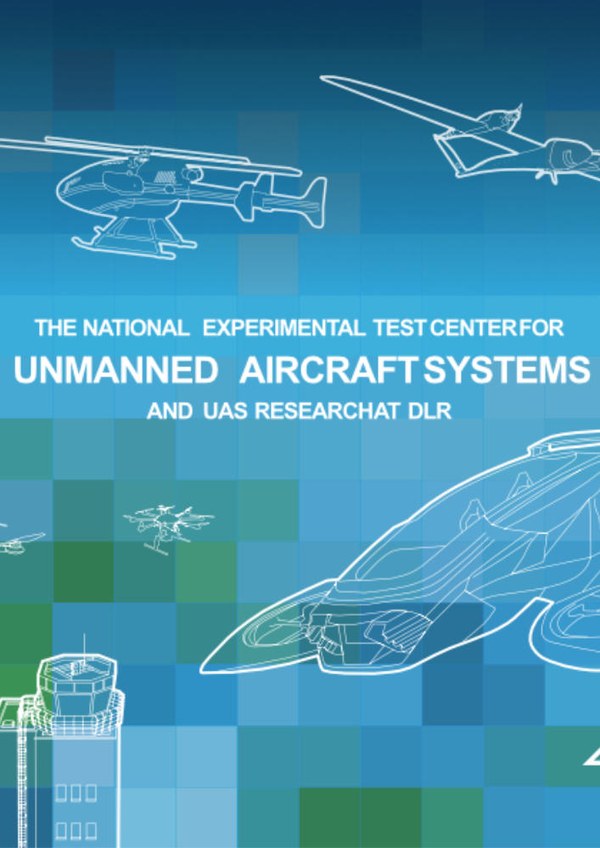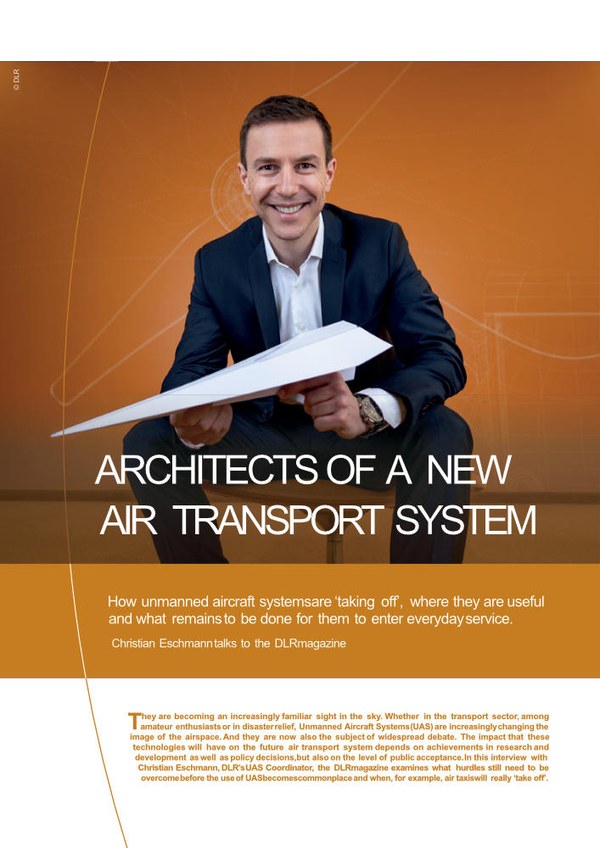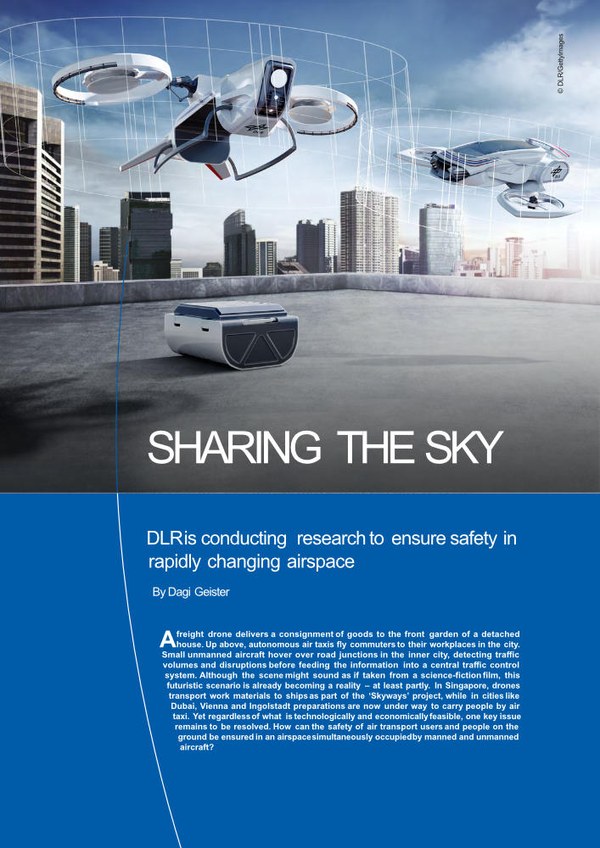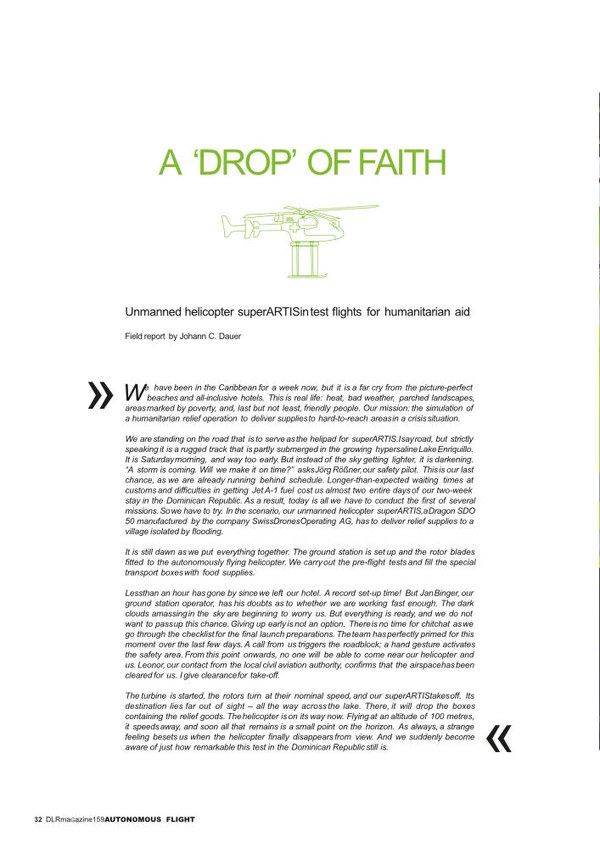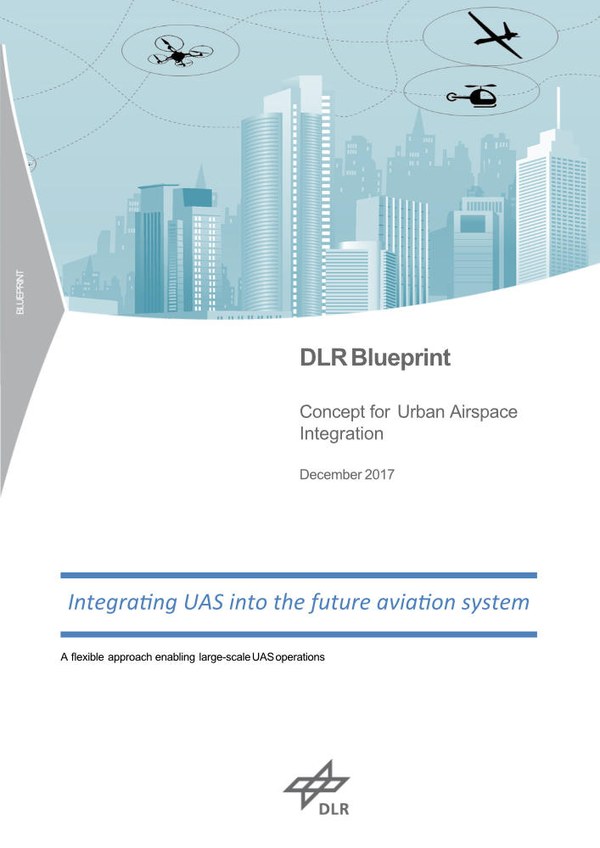Unmanned Aircraft Systems
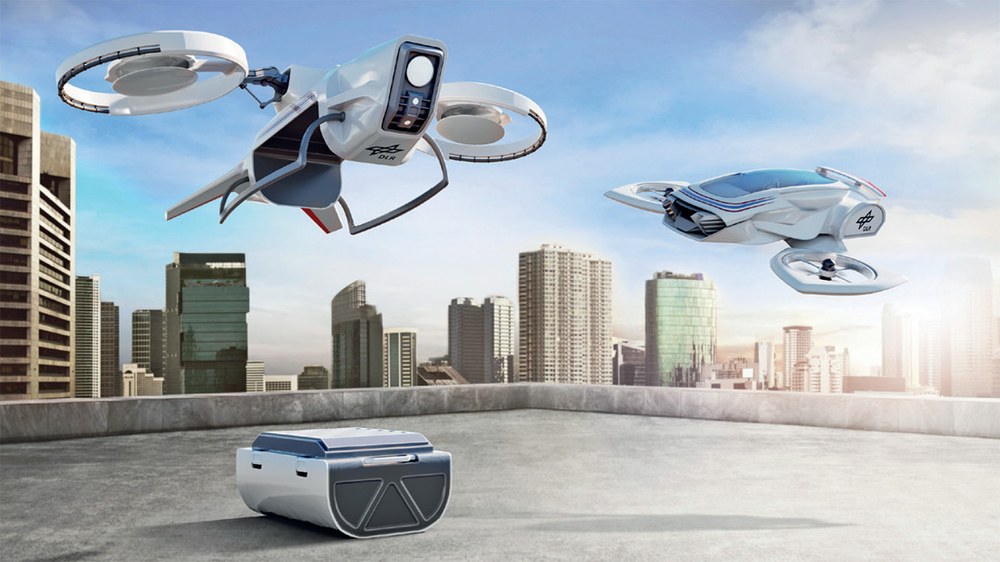


Unmanned Aircraft Systems (UAS) are already being applied in various ways – supplying poorly connected areas with medicines, providing disaster relief, in agricultural applications and supporting the transport of manufacturing parts between industrial sites. Technological progress has also led to the emergence of a new industry in the field of autonomous systems, with UAS set to become an increasingly prevalent solution for rapid and low-emission personal transport within urban areas or between cities. As air taxis, they will represent a new element of individual mobility and prove an integral part of future transport concepts. In addition to flexible and environmentally friendly air transport in conurbations, such urban air mobility will improve the efficiency of freight and passenger transport in urban locations and overland, as well as taking some of the pressure off road networks.
Unmanned Aircraft Systems pose many new challenges for researchers, manufacturers, operators and legislators. In addition to the purely technical aspects, integrating UAS into the existing airspace also raises complex operational and legal questions that need to be investigated and regulated from scratch. Due to the complex nature of the issues, it is no longer enough to study the subsystems separately, such as looking at the vehicle without reference to flight guidance or statutory regulations. Instead, they should be considered, tested, validated and certified using a whole-system approach.
Research into highly automated UAS and integrating them safely into airspace
DLR has taken on the role of an architect for unmanned flight, forging a link between manufacturers, users and legislators with regard to technical and regulatory issues. Thanks to its numerous institutes, DLR is unique in Europe – having the necessary range of research areas and expertise to address unresolved issues in the headline areas of vehicle technology, flight guidance, legislation and acceptance research. Interdisciplinary research across DLR is also being pooled and tested at the National Experimental Test Center for Unmanned Aircraft Systems in Cochstedt which provides a unique test field. Not only is this test centre an important platform for networking and coordinating activities in UAS research, but it also facilitates the continued development of UAS technologies. Therefore, DLR is set to play a leading role in the development of scientific and economic progress in unmanned flight.
DLR's UAS research portfolio
- Safe integration of unmanned aircraft in the airspace
- Vehicle design and systems development
- Unmanned Airspace and Traffic Management (U-space/UTM)
- Urban Air Mobility (UAM)
- Performance-based operations
- Swarm research
- Flight termination technologies
- Charging systems
- Detect & Avoid
- Interference-resistant navigation systems
- Safety and cybersecurity
- Testing and validation
- Certification
- Drone defence technologie
- Acceptance and environment
- Optimal planning and execution of missions for new air traffic participants
- Testing new concepts and technologies
News
Multimedia
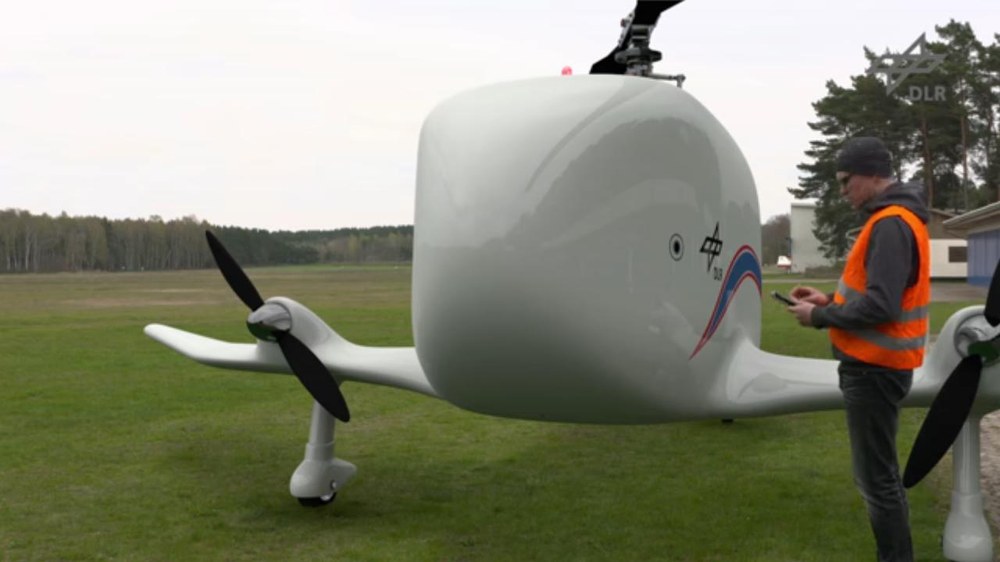
Your consent to the storage of data ('cookies') is required for the playback of this video on Youtube.com. You can view and change your current data storage settings at any time under privacy.

Your consent to the storage of data ('cookies') is required for the playback of this video on Youtube.com. You can view and change your current data storage settings at any time under privacy.
© DLR

Your consent to the storage of data ('cookies') is required for the playback of this video on Youtube.com. You can view and change your current data storage settings at any time under privacy.

